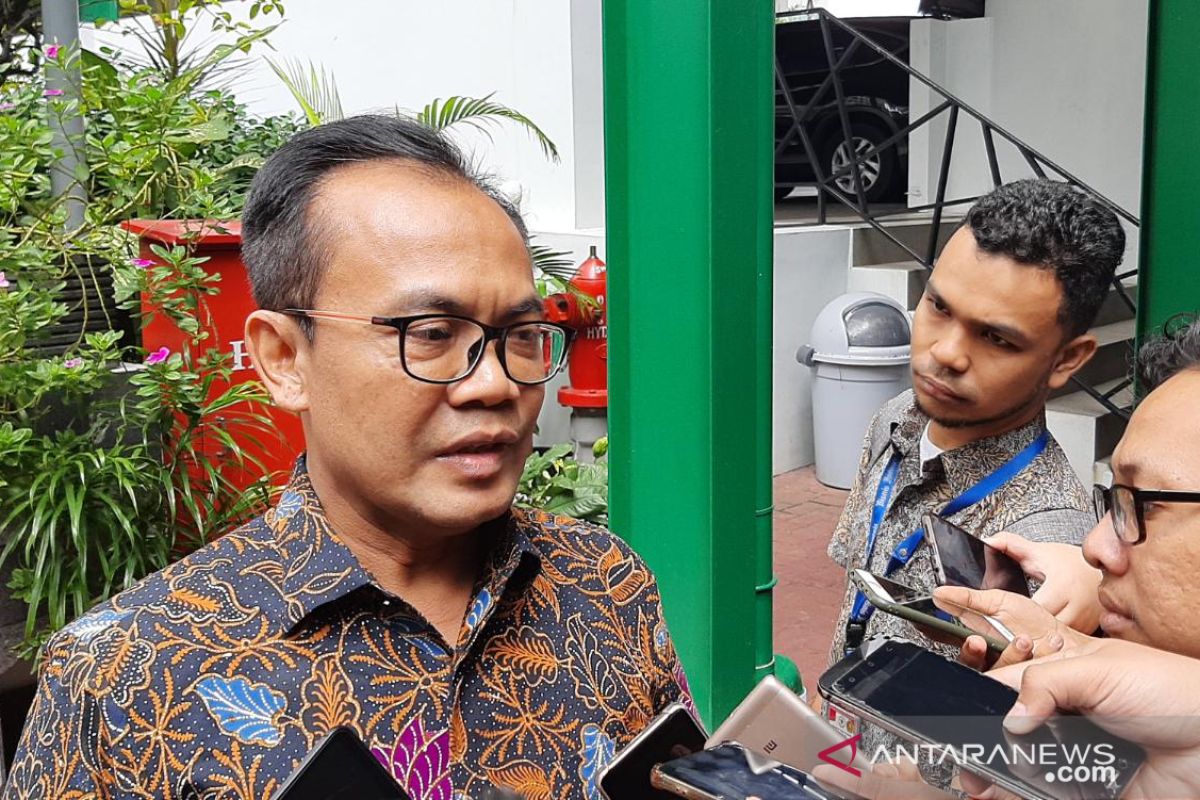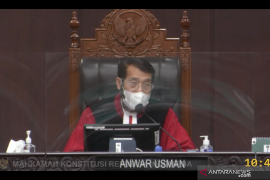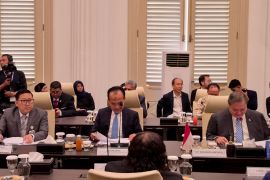Amdal has not been removed, and remains there, but the process is made simpler to make time and costs more efficient,Jakarta (ANTARA) - The government has made assurance that environmental impact analysis (Amdal) permits will not be eliminated in the Omnibus Law on job creation.
The Omnibus Law has simplified the process of Amdal to ensure that the regulation is not complicated.
"Amdal has not been removed, and remains there, but the process is made simpler to make time and costs more efficient," Secretary of the Coordinating Ministry for Economic Affairs Susiwijono Moegiarso noted in a press statement in Jakarta, Friday.
Moegiarso remarked that the job creation law regulates the basic principles and concepts of Amdal and remains in accordance with the earlier provisions.
The ministry’s secretary explained that changes were solely related to offering expediency in acquiring environmental approval.
Environmental permits are integrated into business licensing to streamline the licensing system and bolster law enforcement.
Moegiarso explained that Amdal’s actual function and process had been restored, specifically technical and scientific documents on environmental feasibility studies, as conditions for business licensing, which contain provisions or obligations related to environmental aspects.
The environmental permit stages are summarized into three: the process of environmental documents, environmental approval, and business licensing.
The ministry’s secretary noted that this was reinforced by Article 1, Number 11 in the job creation law.
The article stipulates that Amdal is a study of the significant impact on the environment of a planned business and/or activity to serve as a prerequisite for making decisions on the conduct of a business and/or activity and is contained in the business licensing or approval from the Central or Regional Government.
On the basis of old provisions, the environmental permit is separate from a business permit. Hence, in the event of a violation and being subject to a sanction of license revocation, merely the environmental permit will be revoked, while the business permit will continue to run.
However, in the job creation law, environmental permits are integrated with business permits. If there is a violation, environmental and business permits are revoked simultaneously.
Environmental approval is the basis for issuing Business Licenses as State Administrative Decrees.
Article 24 (paragraphs 1-6) also stipulates that Amdal documents are the basis for environmental feasibility tests.
The Central Government or Local Government determines the Environmental Feasibility Decree based on the results of the environmental feasibility test.
The Decree of Environmental Feasibility is a condition for issuing Business Licensing or approval from the Central Government or Regional Government.
Meanwhile, Article 37 states that business licensing can be canceled if its issuance does not fulfill the requirements outlined in the Decree of Environmental Feasibility or the Statement of Capability in Environmental Management; or the obligations stipulated in the Amdal.
Related news: 153 companies to invest in Indonesia after Omnibus law approval
Related news: Rally clusters potentially trigger spike in COVID-19 cases: IDI
EDITED BY INE
Translator: Dewa Ketut, Azis Kurmala
Editor: Fardah Assegaf
Copyright © ANTARA 2020











